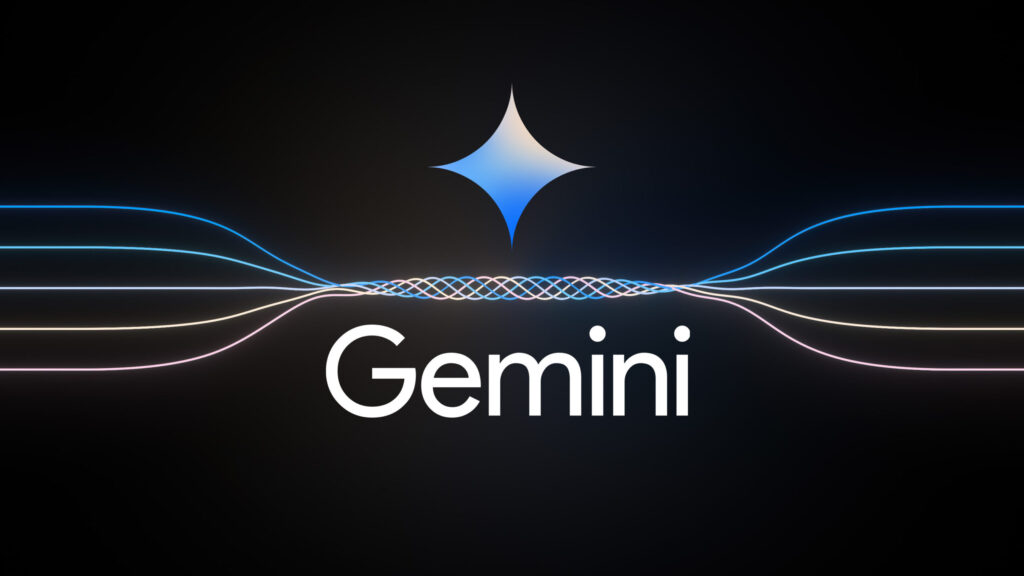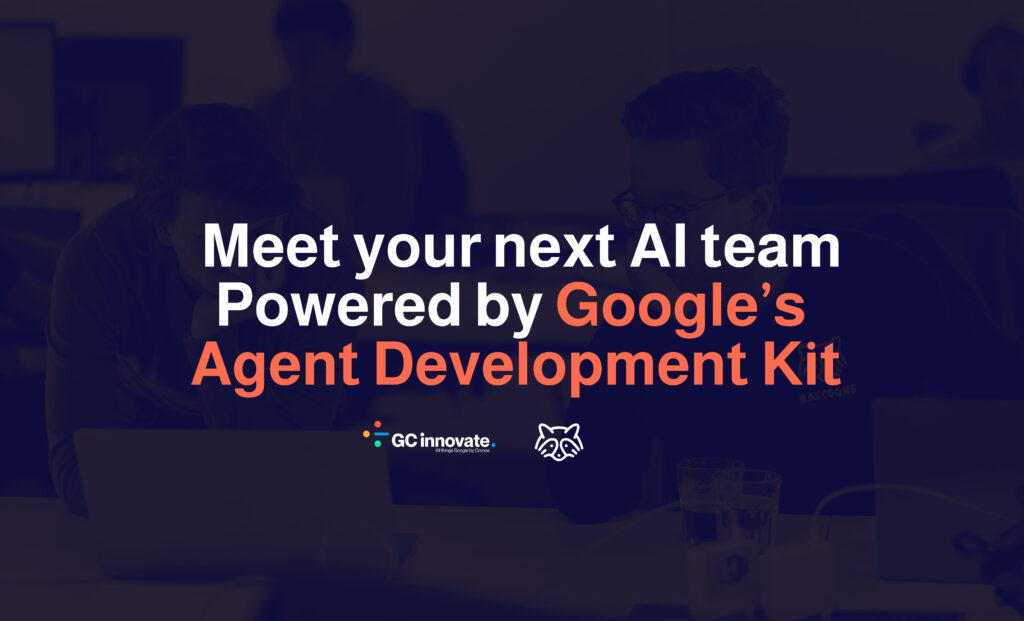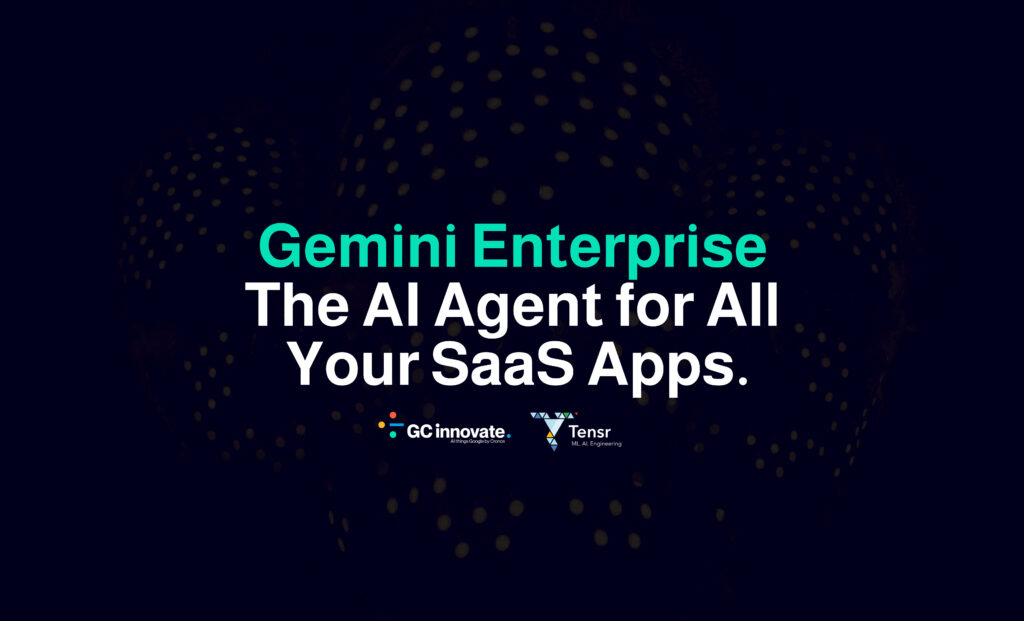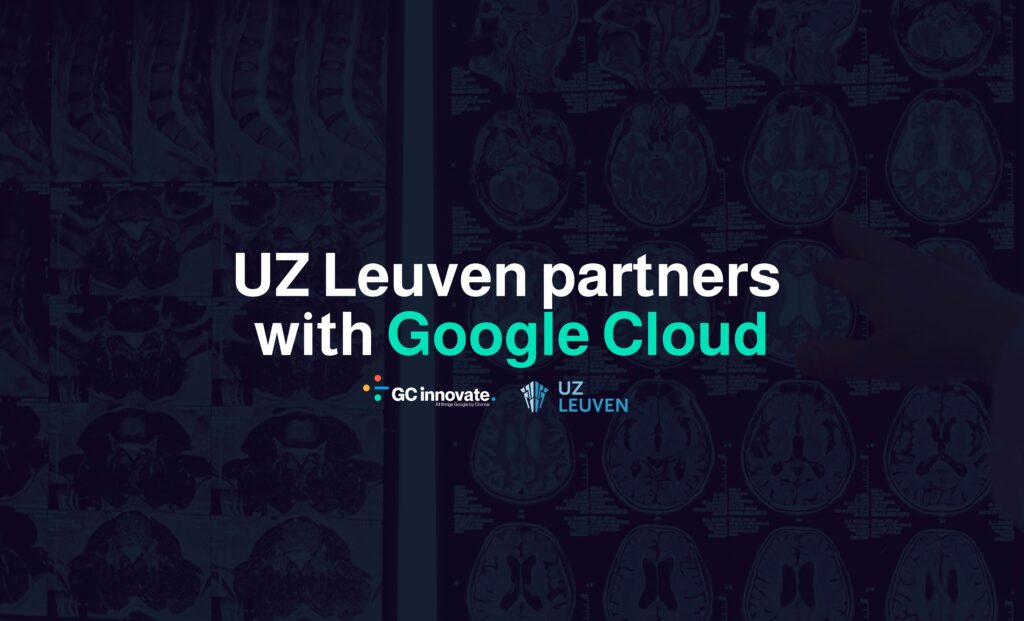In December 2023, Google introduced Gemini, a significant step forward in AI. However, Gemini’s ancestor might ring a bell: Bard. Gemini is a powerful large language model that truly excels in processing text, images, audio, and video. It sets a new benchmark for modern AI capabilities.
But Gemini is more than just a model. It’s shaping the future of tech and changing how we use and integrate technology into our daily lives.
Now, let’s dive deeper into how Gemini works, how it compares to ChatGPT and some of the ethical concerns surrounding AI language models.
Gemini’s origin story
“I was born and raised in the digital realm”, answers Gemini when asked about its origin story.
Gemini is a Large Language Model, developed by Google AI and based on Google’s AI research. It’s essentially a computer program designed to process and generate human language.
Bard, another Large Language Model created by Google, played a significant role in Gemini’s development. Think of Bard as a kind of ancestor or mentor. Many of the techniques and technologies used to train and refine Bard were also applied to Gemini’s creation.
Today, Gemini is a powerful AI capable of tackling real-world challenges. Trained on a vast dataset of text, code, and other information, Gemini learned to understand the world in a comprehensive yet nuanced way. Through machine learning and continuous improvement, Gemini refined its abilities and became the sophisticated AI it is today.
How Gemini works
So, you open Gemini, type in your question or problem, and… voilà. It seems like pure magic, but behind the scenes, there’s a lot more going on than you think.
Gemini is a Large Language Model, which is a complex system that uses a network of interconnected parts to understand and process your question, find the right answers, and give you a relevant, helpful reply.
Sounds pretty straightforward, doesn’t it?
Yeah, it seems simple enough. And that’s how it should come across to us, the humans. ;-) However, Gemini is an incredibly sophisticated computational system that has learned to understand and use language. It’s been trained on a huge amount of text and code, and it uses advanced machine learning techniques to process and create human-like responses.
When you type in your query into Gemini, there’s a whole lot more going on than meets your (human) eye. First, it really tries to understand what you mean and what factual information you are looking for. To do this, it will analyze your query to pinpoint your exact intent. Then, it scours the internet to find and identify relevant data related to your question. Finally, using complex algorithms, Gemini processes this information to create a clear, informative response that directly addresses your query.
On top of that, Gemini uses reinforcement learning to refine its responses based on user feedback, ensuring its responses just get better and more precise over time. That means when you’re not happy with an answer, let Gemini know. To be clear: this feature is only available in Gemini Chat, Gemini’s conversational interface.
In a nutshell, think of Gemini as a 2-for-1-deal: the ideal combination of a fast researcher and writer. On the one hand, it can quickly access and process the right information from a wide range of sources. And on the other hand, it can communicate its findings in a clear, concise, and human-like way.
The technology behind Gemini
Gemini is built on a foundation of transformer networks. These complex algorithms allow Gemini to learn from large amounts of data and identify patterns that allow it to understand and generate human-like text. Think of it as training a computer to understand and respond to complex information and tasks, similar – but not the same – to how a human would.
Gemini is based on a few key technologies:
Transformer architecture
A transformer is a neural network architecture specifically designed for processing sequential data, like text. Unlike traditional recurrent neural networks (RNNs) that process data sequentially, transformers can process the entire input sequence in parallel. This makes them more efficient for handling long sequences, such as lengthy articles or documents.
Attention mechanisms
Within transformers, attention mechanisms play a crucial role. They allow the model to focus on specific parts of the input sequence when processing a particular position. For example, this is particularly important for tasks like machine translation. Here, the model needs to consider and keep in mind the entire input sentence to generate an accurate translation.
Large-scale training
Gemini is trained on massive amounts of text and code data, enabling it to recognize and learn complex patterns and relationships. This process requires powerful hardware and efficient training algorithms. Large, extensive datasets are crucial for building robust models, allowing Gemini to generalize effectively across a broad range of tasks and contexts.
Transfer Learning
Gemini also uses transfer learning, where the model is first trained on a large, broad dataset to learn general patterns and then fine-tuned on a smaller, more specific dataset. This approach can improve performance by allowing the model to apply pre-learned knowledge to specialized tasks, while also reducing overall training time.
Multimodal learning
Multimodal learning in Gemini involves using specialized modules tailored for each data type. This enables Gemini to process and understand information from various sources, such as text, images, and audio, distinguishing it from previous generations. As a result, Gemini achieves a more comprehensive understanding of the world and can perform a wider range of tasks.
In essence, Gemini is a sophisticated language model that leverages the power of deep learning to understand and generate human-like text, images, and code. Its ability to process and understand information from a variety of sources, including text, code, images, and other data, makes it a versatile and powerful tool.
How can Gemini help you?
As you might imagine, Gemini’s possibilities to assist you in your day-to-day life are quite endless. Its capabilities stretch across a wide range of applications and will always meet you where you are.
From assisting researchers to inspiring writers, Gemini offers a versatile toolkit for individuals and businesses alike. And to make it even more accessible, Gemini is smoothly integrated in Google’s product portfolio. From Vertex AI, to Google Workspace and Google search.
Here are a few ideas of how Gemini can help you:
- Research and development: summarize complex papers, identify trends and patterns, and generate hypotheses.
- Content Creation: generate creative text formats, overcome writer’s block, and optimize content for search engines.
- Customer Service: provide 24/7 support, offer personalized interactions, and analyze customer feedback.
- Education: create personalized learning experiences, offer tutoring support, and facilitate language learning.
- Business Applications: optimize processes, generate reports, and support decision-making.
- Code Assistant: write, explain and debug code, and suggest code improvements.
You see, whether you’re a student, a professional, or simply looking for a way to boost your productivity; Gemini is a valuable tool to streamline tasks, improve efficiency, and generate new insights.
Ethical concerns
The rapid development of AI and AI language models over the last few years, raises ethical questions. What about bias? What about deepfakes and misinformation?
Google is strongly committed to addressing Gemini’s – and other AI language models’ – ethical concerns. They focus on:
Data quality and diversity
To minimize biases, Google uses very diverse and high-quality data to train Gemini.
Bias mitigation techniques
With techniques such as adversarial training and fairness metrics, Gemini can identify and mitigate biases in its outputs.
Human oversight
Gemini is not developed and deployed by AI alone. Human experts are always involved to ensure that it is used responsibly.
Transparency and accountability
To show their commitment to transparency and accountability in its AI development, Google provides the necessary information about Gemini’s capabilities, limitations, and potential risks.
Continuous improvement
Gemini is constantly being refined and improved to address ethical challenges. This thanks to ongoing research and development, as well as collaboration with experts in ethics, law, and even social sciences.
A strong commitment is important. However, no AI system is completely free from ethical concerns. There may still be instances where Gemini’s outputs are biased or harmful despite Google’s intense efforts.
Are you ready to implement AI in your daily business processes? Start exploring Gemini today or get in touch to discuss the possibilities and advantages for your company.






